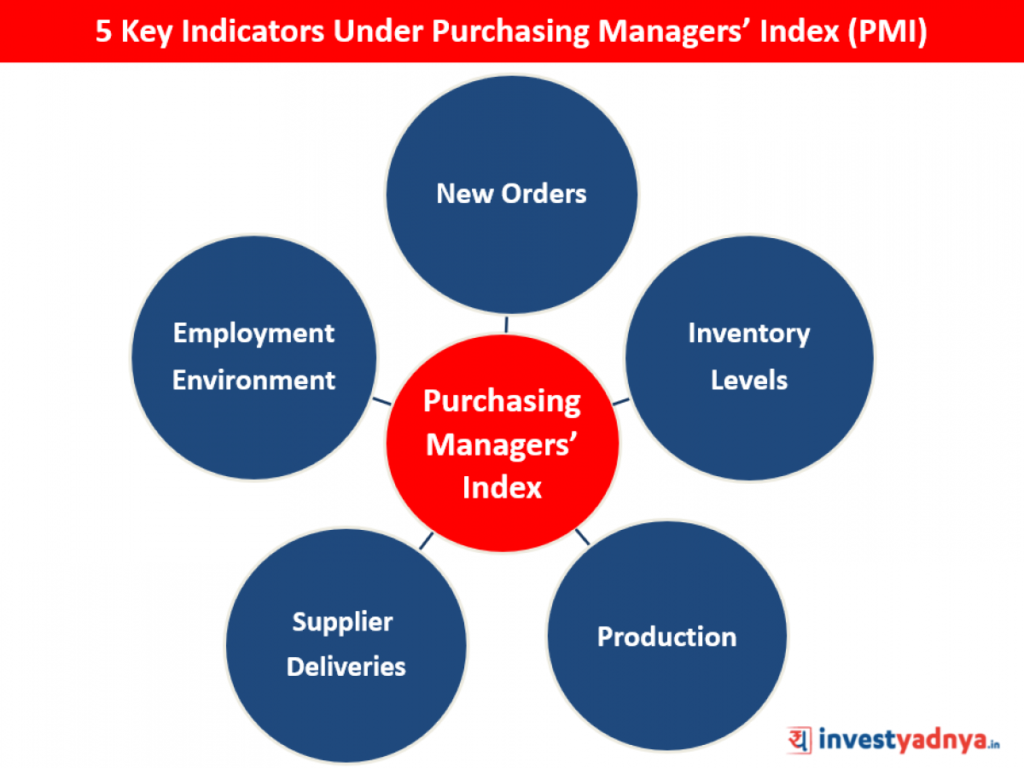Purchasing Managers’ Index, (PMI) contracted below the psychological level, according to the latest report from Stanbic IBTC Bank.
PMI is a survey-based economic indicator designed to provide a timely insight into business conditions.
It is an index of the prevailing direction of economic trends in the manufacturing and service sectors, consisting of a diffusion index that summarizes whether market conditions are expanding, staying the same, or contracting as viewed by purchasing managers.
The purpose of the PMI is to provide information about current and future business conditions to company decision-makers, analysts, and investors.
Specifically, the bank’s report showed that business activities in Nigeria’s private sector contracted in October.
This dip in business activities capped a six-month increase since March 2023.
According to the report, the headline PMI for October 2023 dropped to 49.1 from the 51.1 recorded in the previous month of September.
The report explained that any reading above 50.0 represents improvements in business conditions while readings below 50 signal a deterioration in business activities.
“The headline PMI dropped below the 50.0 no-change mark for the first time in seven months in October, thereby signalling a deterioration in business conditions in the private sector. At 49.1, the index was down from September’s reading of 51.1 and signalled a slight worsening of operating conditions,” the report states.
The PMI report noted that the causes of the dip in business activities were an increase in the cost of inputs, missed payments from customers, currency weakness, etc.
It further explained that inputs cost for October saw the highest increase since the survey began almost a decade ago.
According to the report, “Central to the challenges for firms in October was the sharpest rise in overall input prices since the survey began almost a decade ago. Purchase costs were up rapidly, largely due to currency weakness but also the lingering impacts of the removal of the fuel subsidy.”
“Sharply rising prices also discouraged firms from purchasing inputs and caused delays in the completion of orders.”
The report also mentioned inflation especially transport and food inflation necessitated companies to increase staff salaries.
However, it explained that increased input costs and salary increases resulted in a hike in selling prices which stifled consumers’ demand.
“With input costs rising rapidly, firms in Nigeria increased their selling prices accordingly. The pace of inflation quickened from September and was one of the sharpest on record.”
“The steep inflationary environment acted to depress customer demand in October. New business decreased at a solid pace, thereby ending a six-month sequence of growth.”
ALSO READ:EFCC Bans Sting Operations At Night
According to the Head of Equity Research West Africa at Stanbic IBTC Bank, Muyiwa Oni, “Prices have remained elevated, with input and purchase prices remaining at period highs. Input prices increased materially across the major sectors covered, with inflationary pressures most pronounced in wholesale & retail and manufacturing.
The inflationary environment depressed consumer demand in October, pausing the steady pace of new business expansion for the first time in six months.
The majority of the respondents also signalled an increase in purchase prices linked mainly to exchange rate weakness and higher fuel costs.”
On the positive side, the report noted that companies and businesses continue to hire at a solid pace portending plans to expand.
